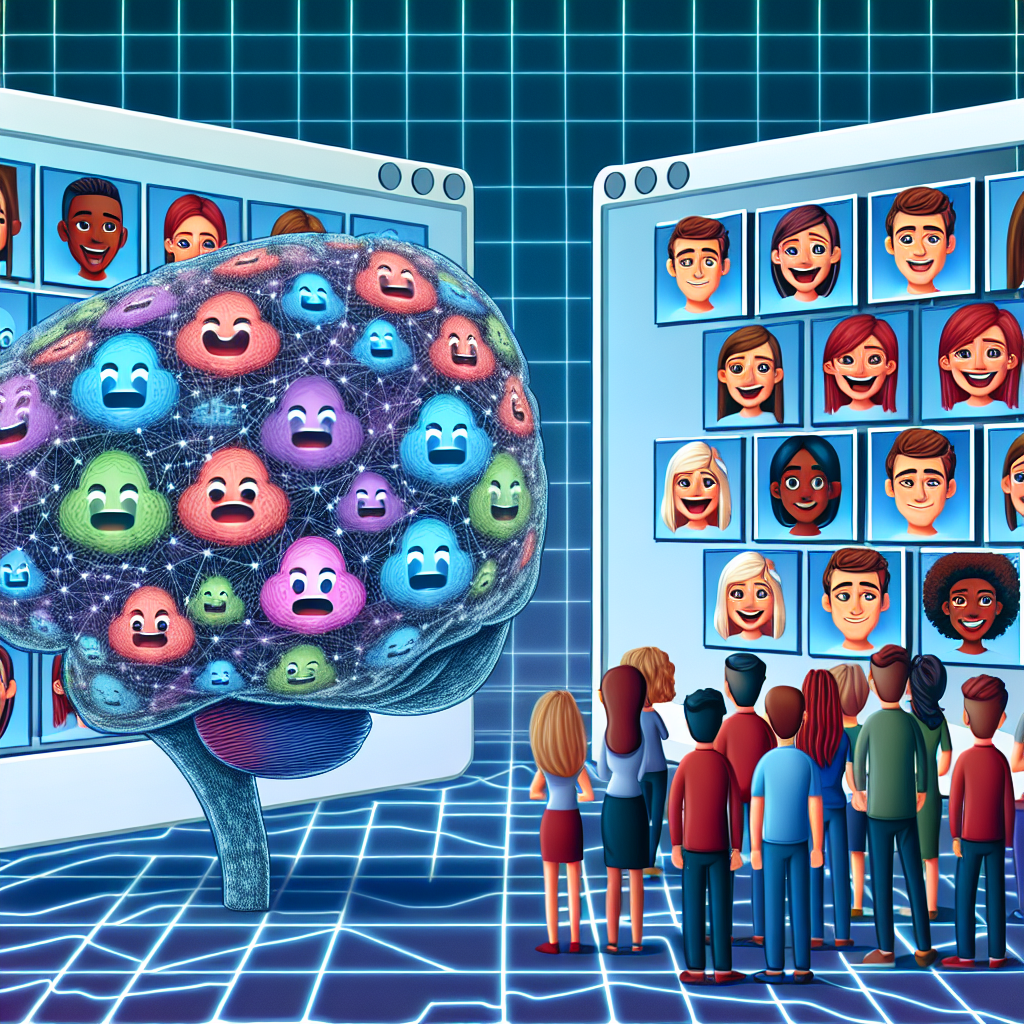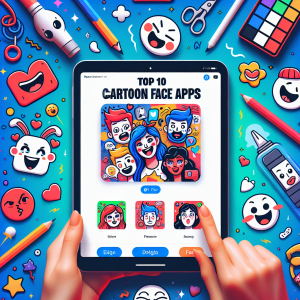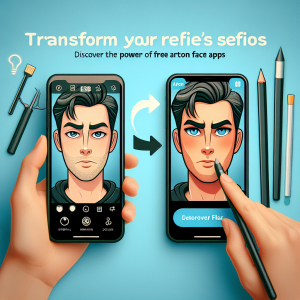Have you ever found yourself scrolling through your Facebook feed and suddenly being bombarded with pictures of your friends, family, and even celebrities transformed into cartoon versions of themselves? Cartoon filters have taken social media by storm, and it seems like everyone is jumping on the bandwagon to see how they would look as a cartoon character. But have you ever stopped to wonder why these filters are so popular? What is it about seeing ourselves and others in cartoon form that captivates us so much?
In this article, we will delve into the psychology behind the popularity of cartoon filters on Facebook. We will explore the reasons why these filters have become a sensation and examine the impact they have on our self-perception and social interactions. So grab your virtual pen and paper, and let’s dive into the fascinating world of cartoon filters!
The Allure of Cartoon Filters
Cartoon filters offer a whimsical and playful way to transform our appearance in photos and videos. By applying these filters, we can instantly change our features, colors, and overall look, turning ourselves into cute, exaggerated characters with big eyes, smooth skin, and vibrant hair. This transformation not only allows us to escape from reality but also enhances our creativity and self-expression.
Moreover, cartoon filters provide a sense of nostalgia, reminding us of our favorite childhood cartoons and animated movies. They evoke feelings of warmth, joy, and lightheartedness, transporting us back to a simpler time when life was carefree and full of wonder. By tapping into these nostalgic emotions, cartoon filters create a sense of comfort and familiarity that resonates with users of all ages.
Additionally, cartoon filters have a viral and shareable appeal that fuels their popularity on social media platforms like Facebook. When someone posts a photo or video of themselves as a cartoon character, their friends and followers are often intrigued and curious to see the transformation. This curiosity prompts them to try out the filters themselves, leading to a chain reaction of posts and shares that keep the trend alive and trending.
The Psychological Impact of Cartoon Filters
Beyond their visual appeal and entertainment value, cartoon filters also have a profound psychological impact on users. When we see ourselves or others as cartoon characters, it triggers a phenomenon known as the “mere-exposure effect,” which states that the more we are exposed to something, the more we tend to like it.
By repeatedly seeing our cartoonized selves on social media, we start to develop a fondness for our cartoon versions, associating them with positive emotions and experiences. This creates a sense of attachment and identification with our cartoon alter egos, leading us to feel more confident, attractive, and happy when we see ourselves in cartoon form.
Moreover, cartoon filters allow us to explore different facets of our personalities and experiment with new looks in a safe and non-threatening environment. By playing with our appearance and pushing the boundaries of our self-image, we can break free from societal norms and expectations, fostering a sense of empowerment and self-acceptance.
Furthermore, cartoon filters facilitate social connection and interaction by encouraging users to engage with each other’s cartoonified photos and videos. By sharing our cartoon transformations with friends and family, we create a sense of bonding and camaraderie that strengthens our relationships and deepens our sense of community.
Understanding the Appeal of Cartoon Filters
So why are cartoon filters so popular on Facebook and other social media platforms? The answer lies in their ability to tap into our desire for self-expression, nostalgia, and social connection. By offering a fun and creative way to transform our appearance, cartoon filters help us escape from reality, evoke positive emotions, and strengthen our sense of identity and belonging.
Moreover, cartoon filters provide a form of escapism that allows us to engage with our imagination and creativity, fostering a sense of joy, wonder, and playfulness. By embracing our inner child and exploring our whimsical side, we can rediscover the magic and wonder of childhood and infuse our daily lives with a sense of adventure and spontaneity.
Ultimately, cartoon filters offer a unique and engaging way to express ourselves, connect with others, and create lasting memories that bring us closer together. So the next time you come across a cartoon filter on Facebook, don’t hesitate to give it a try and unleash your inner cartoon character!
FAQs
Why are cartoon filters so popular?
Cartoon filters are popular because they offer a whimsical and playful way to transform our appearance, evoke feelings of nostalgia, and facilitate social connection and interaction. They tap into our desire for self-expression, creativity, and escapism, making them a viral sensation on social media platforms like Facebook.
What psychological impact do cartoon filters have on users?
Cartoon filters trigger the mere-exposure effect, leading users to develop a fondness for their cartoonized selves and associate them with positive emotions and experiences. They allow users to explore different facets of their personalities, experiment with new looks, and break free from societal norms and expectations, fostering empowerment, self-acceptance, and social connection.
How do cartoon filters contribute to social interaction and bonding?
Cartoon filters encourage users to share their cartoon transformations with friends and family, creating a sense of bonding and camaraderie that strengthens relationships and deepens a sense of community. By engaging with each other’s cartoonified photos and videos, users can connect, interact, and create lasting memories together.








+ There are no comments
Add yours